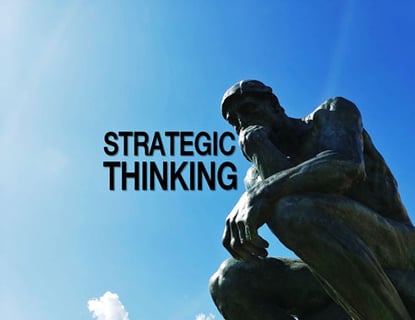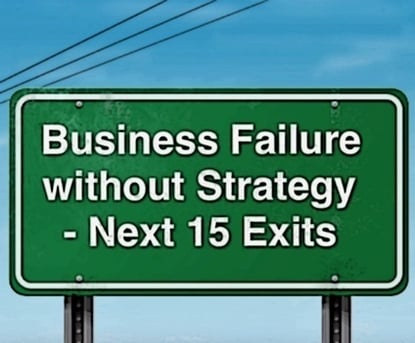I was talking with a previous strategic mentor of mine about a situation in his current job. A couple of new people outside his direct organization are involved in several efforts he’s leading. The challenge is that neither of them, although very junior to him, has entered the business relationship with a learning mindset – either because of trust-related issues or no self-recognition of their development needs.
The net of it, as he explained it, is that at this point in his career, he doesn’t feel compelled to go out of his way to include them in certain aspects of the project that would help develop them since they aren’t willing students.
I reminded him that if he were being true to his convictions, he would embrace the opportunity to cross organizational boundaries and grow two people who it sounded like could clearly benefit from his wisdom – as I had earlier in my career.
He was driving during our conversation, with his wife hearing his comments on why these two people didn’t deserve the opportunity. After getting off the phone with me, she asked him to explain the situation and told him the same thing – if he were true to what he “preached,” he had no choice but to include and help both of them!
Remember when you enter into a strategic mentorship relationship, that it’s very much a two-way street. Just as a strategic mentor should challenge and help shape your point of view, there are times when you have to turn the tables and challenge them also.




